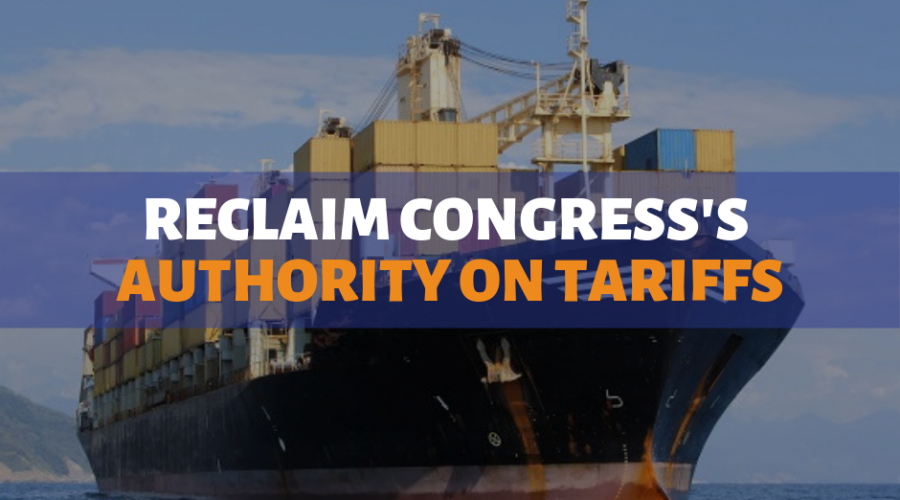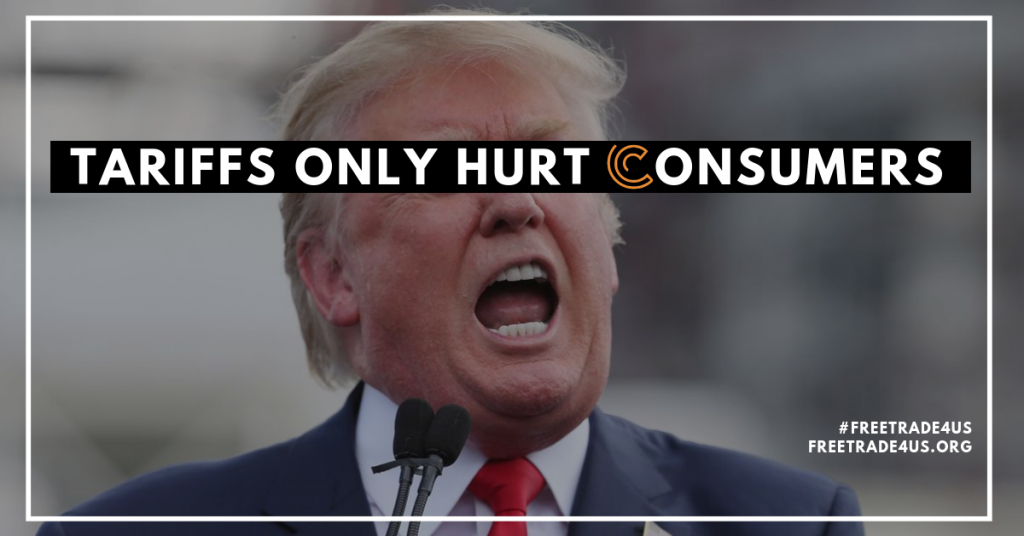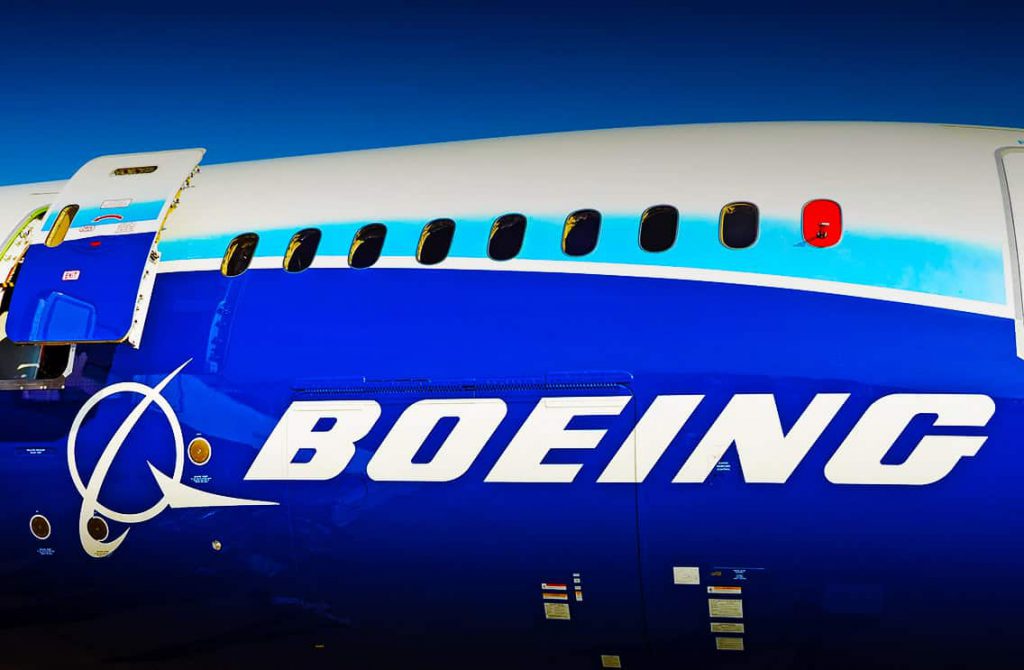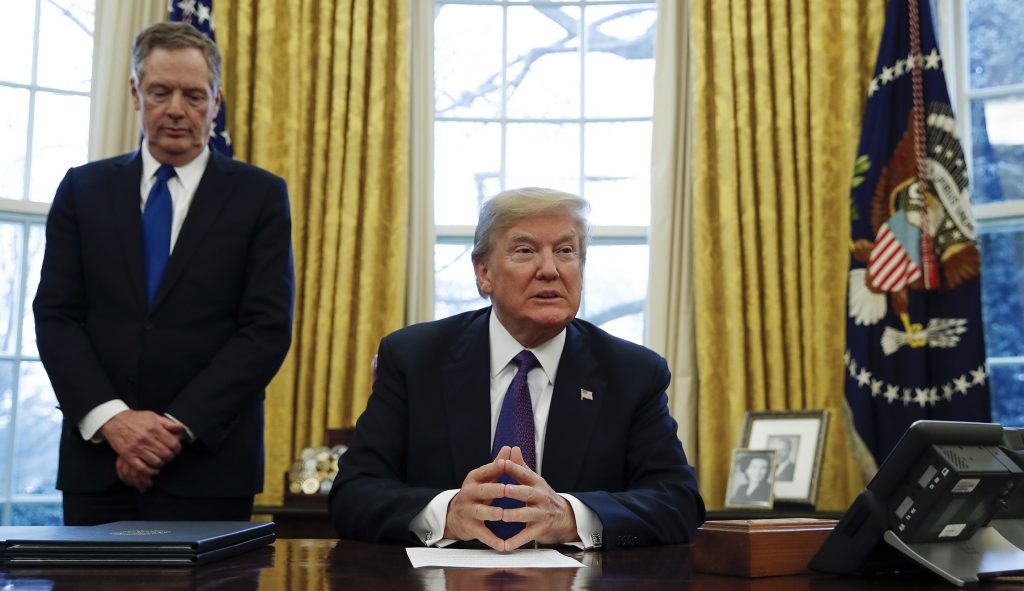
President Trump will give the EU and Japan six months to agree to a deal that would “limit or restrict” imports of automobiles and their parts into the US. It is claimed that car imports threaten national security since they...

Arlington, VA – A coalition of 30 organizations, including the Consumer Choice Center, led by Americans for Prosperity (AFP) and Freedom Partners Chamber of Commerce released a letter today encouraging lawmakers to reclaim their tariff authority, which has been delegated to...

This week, President Donald Trump took to Twitter to denounce several articles in the Des Moines Register as Chinese “propaganda ads” because of the facts presented on trade and tariffs. Included was an article written by the Consumer Choice Center...

In the last election and on the global stage, President Donald Trump talked tough on trade. It’s us versus them and we’re losing, he says. Put simply, he views the current trade deficit, when we import more from a country...

A stinging rebuke by the U.S. International Trade Commission last month was a hard defeat for Boeing. The American aircraft manufacturer brought a case to the U.S. Department of Commerce last fall in hopes of sinking a deal with their...

To the Trump protectionist hammer, every product imported looks like a nail. On Monday, we learned that President Trump’s trade enforcer, U.S. Trade Representative Robert Lighthizer, announced new tariffs on solar panels and washing machines assembled outside the U.S. For...
Free Trade For Us is a single-issue campaign produced by the Consumer Choice Center and supported by partners to raise awareness about the positive impact of free trade and to show policymakers all over the world that the millennial generation is united against tariffs, trade barriers, and retaliatory measures that only hurt consumers and workers.
© Copyright 2018 All Rights Reserved